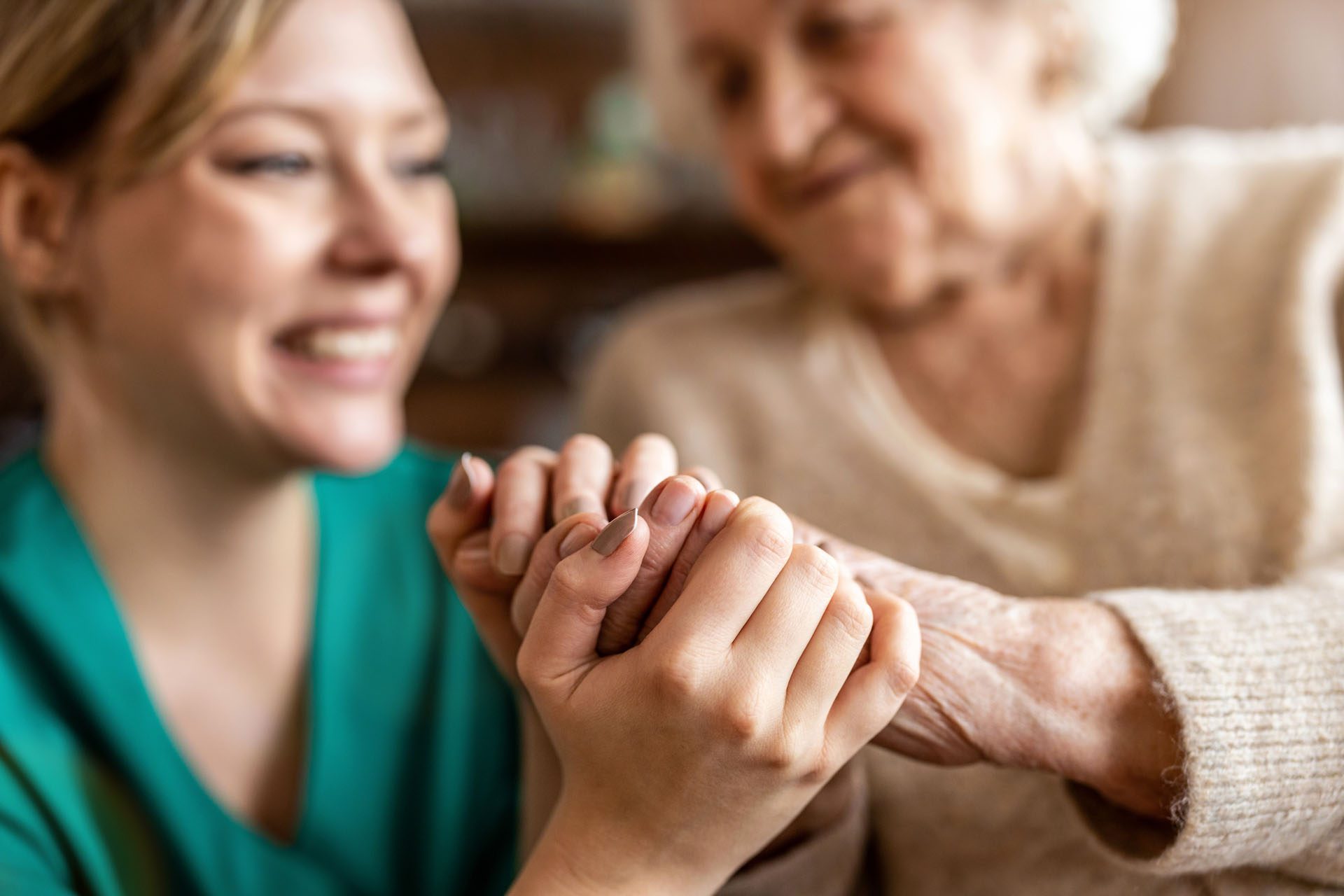Why Texting Patients Works: The Health Belief Model
In this week’s reading, Rosa Arriaga discusses the growing partnership between technology and healthcare, and the applications of said technology. In a study involving text messaging and asthmatic children, patients who received daily text messages were shown to have an improved quality of life and pulmonary functions. Utilizing the Health Belief Model, children received text messages concerning symptom awareness and knowledge, which led to increases in medication adherence, and thus increases in overall health outcomes.
While the study is only the first of many designed to draw conclusive results, it is an interesting read for mobile marketers working in the healthcare field and shows why enhanced outpatient care is on the horizon.
Why Texting Patients Works: The Health Belief Model
By Rosa Arriaga
The Health Care Blog
With the rise of cell phone usage, smart and otherwise, many health care providers, researchers and entrepreneurs alike have assumed that this ubiquitous technology can be used to improve health and well-being. Entrepreneurs have led the charge and so the common catch phrase “there’s an app for that” underscores the fact that nearly 17,000 health related apps are available either for free or a small charge for Android or Apple users. Young people in the US are perhaps the best targets of our mhealth efforts because they are eager users of mobile technology. However two questions arise naturally: 1) does data show that these apps lead to improved outcomes? 2) is there a theory of how we might use cell phones to improve health outcomes?
Read the article here: Why Texting Patients Works: The Health Belief Model







Find Us Online